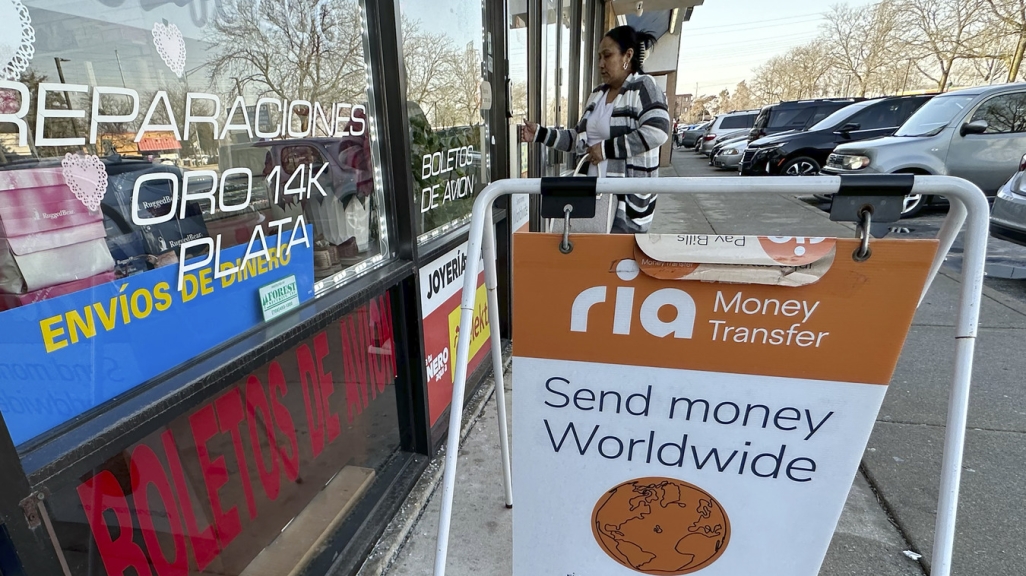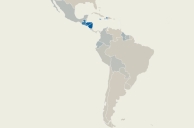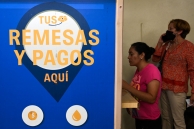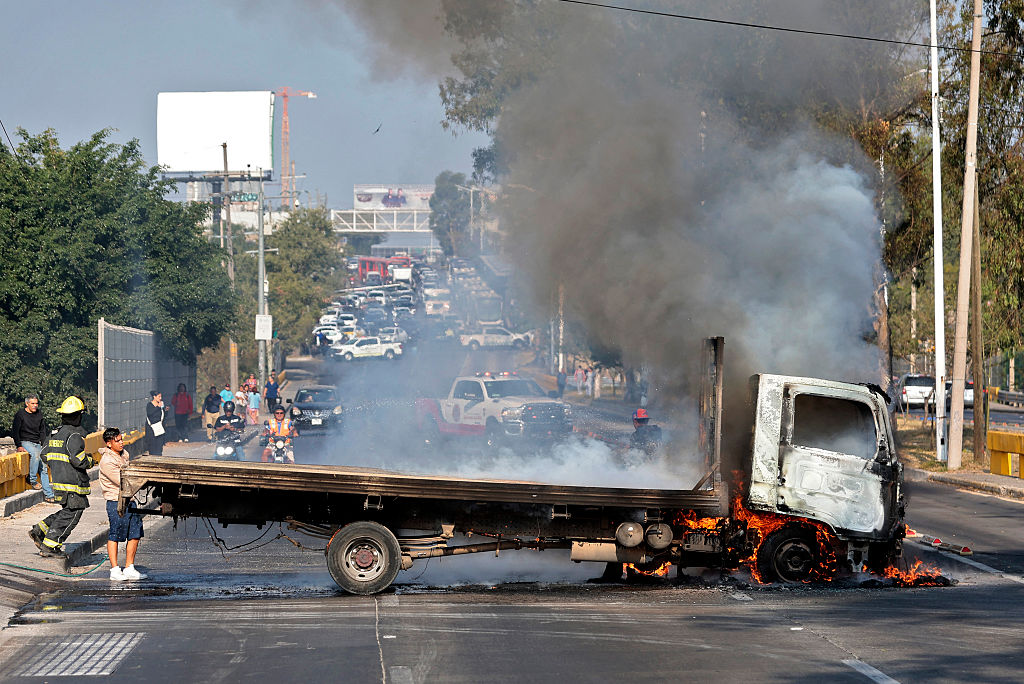LatAm in Focus: How a U.S. Tax Could Hit Latin American Remittances
LatAm in Focus: How a U.S. Tax Could Hit Latin American Remittances
Will a new levy slow the flow of funds to Latin America? CEMLA’s René Maldonado covers shifting remittance trends in the region.
Tucked inside the budget bill making its way through the U.S. Congress is a small tax that threatens to have a big impact. The proposed 3.5 percent levy on remittances would hit the wallets of migrants who send money back home to families. Last year alone, Latin America and the Caribbean received over $160 billion in remittances, and the vast bulk of that sum came from the United States. Should the measure remain in the Trump administration’s One Big Beautiful Bill, some immigrants, mainly those without legal status in the United States, will be required to pay the tax on the money they send home.

But for many, that money is a necessity, not a luxury. “ The families that depend on these flows, depend on this to survive,” said René Maldonado, coordinator of the remittances and financial inclusion program at the Center of Latin American Monetary Studies and consultant at the Inter-American Development Bank’s Migration Unit. “The families need that money and the immigrants are going to absorb the tax in order to keep sending money to their families."
In conversation with Carin Zissis, interim director of COA’s Washington Office and AS/COA Online’s editor-in-chief, Maldonado said that this could lead to obstacles for data transparency. “ [Migrants] are going to use new forms to send money that could be out of the sight of the authorities. That doesn’t mean it’s illicit,” he explained, noting that migrants could send the money home with loved ones who are travelling, or even use digital wallets and cryptocurrencies to get around the tax.
Still, governments in Mexico and Central America have come out in opposition to the proposed tax. President Claudia Sheinbaum of Mexico, whose country took in some $60 billion dollars of U.S. remittances in 2024, argued it placed an “unfair” burden on Mexican migrant workers in the United States who already pay taxes on their income. In June, Mexican senators travelled to Washington, DC to petition for the removal of the tax measure.
Likewise, Guatemalan President Bernardo Arévalo said during a May press conference that he had written to the U.S. Congress to withdraw the tax and would ask a Washington-bound ministerial trade delegation to raise the issue. In Guatemala, remittances are worth roughly 20 percent of its GDP. In El Salvador, Honduras, and Nicaragua, the amount is even higher.
Mexico receives the most remittances in the region, while Nicaragua has the highest value of these as a percentage of its GDP.
Plans to accelerate deportations, curb immigration, and tax remittances may restrict a vital flow of capital and source of growth in the region.
Subscribe to Latin America in Focus, AS/COA's podcast focusing on the latest trends in politics, economics, and culture throughout the Americas.












